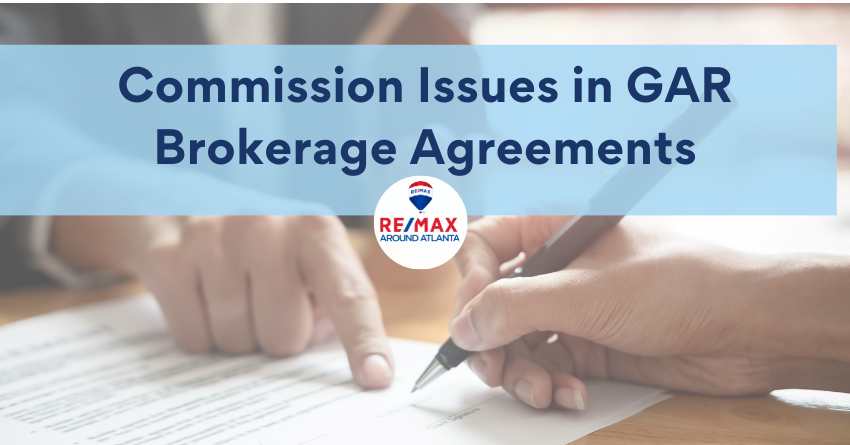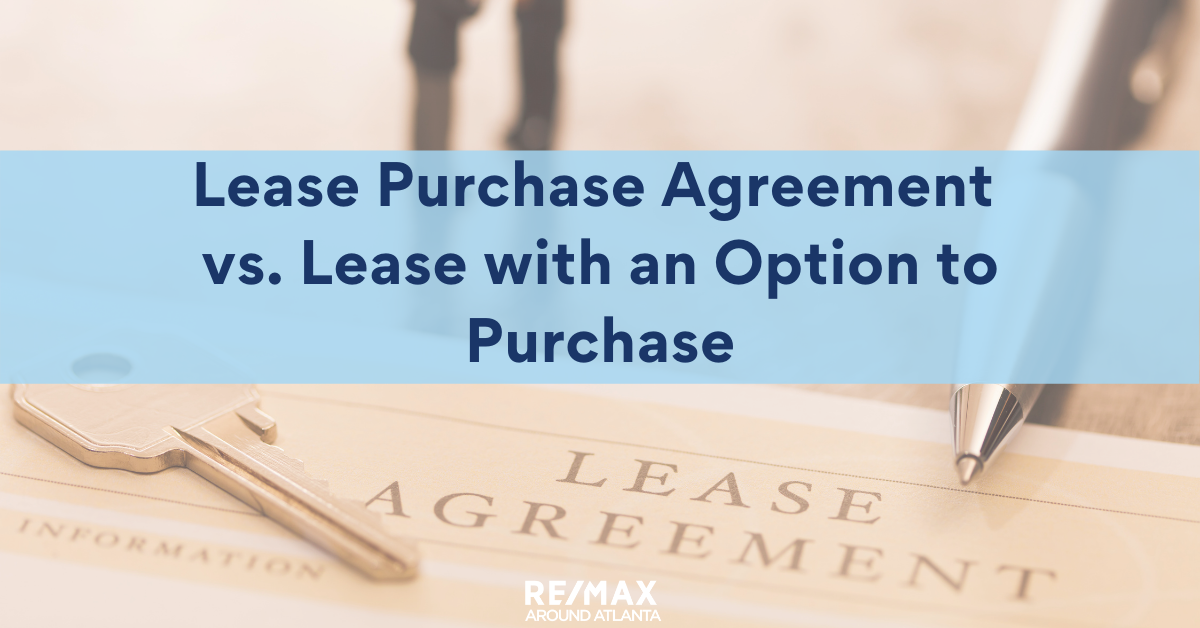|
The rules can be confusing. Disclosure is the key.
Georgia Law and Federal Law. You can’t share commission with an unlicensed party. According to both Georgia law and federal statute, a licensed real estate agent cannot share a commission with an unlicensed person. RESPA (Real Estate Settlement and Procedures Act), the federal law, governs the majority of residential real estate transactions (those that close with an institutional loan). Under RESPA, both the licensed agent and the unlicensed recipient would be guilty of a violation of federal law if a licensed person shares a commission with an unlicensed person. Georgia License Law is consistent with the federal law. It is a violation of the Unfair Trade Practices and the GAR Rules to pay a commission or compensation to any person for performing the services of a real estate licensee who has not first secured the appropriate license under this chapter or is not cooperating as a nonresident who is licensed in such nonresident's state or foreign country of residence. O.C.G.A. Section 43-40-25(b)(17), GAR Rule 520-1-.06. Disclosure is required to your principal when you are paying a referring agent. GAR Rule 520-1-.10 (6)(e) operates when an agent receives a referral and then pays a fee to the referring broker. Disclosure is required no later than a closing for a purchase or a lease, but it can also be disclosed on a brokerage agreement, purchase or lease agreement. This would apply to Broker to Broker referrals and companies like Opcity, 55+ and others. Consequences for violations can be severe, ranging from a reprimand to a fine to revocation of a license. Exceptions to the “No Rebate” Rule For state and federal policy reasons, there are exceptions to the “no rebate” to an unlicensed person rule. Both Georgia and the Justice Department see value in allowing certain rebates. GAR allows rebates under the theory that the rebate is effectively being paid by both parties, the broker is giving back to the principal and is just “netting out.” The Justice Department allows a rebate under the theory that it is important to competition and lower prices for consumers. To avoid a violation of the laws, the rebate must be clearly shown on the Settlement Statement. It must be totally transparent to all parties and to the lender. Most often, we see rebates as a trade-off for a service. (Agent pays for a tree to be removed, carpet to be cleaned, etc.) A rebate can also be a straight discount, without any trade-off of service, so long as it is disclosed. As a marketing strategy, some brokerages offer a rebate with all normal services or lesser services included. There are those who criticize this business model, but as long as it is fully disclosed on the Settlement Statement, it is legal. It is up to agents and their broker to decide whether a rebate is appropriate. Instructions to Closing Attorney GAR F255, Instructions to Closing Attorney, is the appropriate vehicle for disclosure rebates at Section 4. “The Seller’s Broker, the Buyer’s Broker and their respective affiliated licensees hereby direct the closing attorney to disclose on the settlement statement for the above-referenced transaction the following referral fees and rebates they have or will be paid or have received or will receive in said transaction.” When Disclosure of a gift, product, service or a thing of value to an unlicensed party is NOT required. GAR Rule 520-1-.10 (6), Disclosure of Commissions, Fees, Rebates, or Other Valuable Consideration, clarifies when disclosure is not required. “No disclosure is required for gifts, products, services, or other things of value given to a principal by a licensee provided that they are not contingent upon the purchase, sale, lease or exchange of real estate for that transaction. That is, there is no quid pro quo. (You can use my condo anytime, whether we do a deal or not.) Note: The Selling and the Listing Agents can rebate only to their own principal. That is, a Buyer’s agent can rebate only to the Buyer and a Seller’s agent can rebate only to the Seller. So, if 2 agents decide to each contribute to a cost, the division of costs must follow this rule.
0 Comments
In this very hot, multiple offer Seller’s market, Buyers are looking for ways to distinguish their offer from the rest. One of the tactics is to eliminate the Due Diligence period, and instead include a Property Sold with Right to Request Repairs Exhibit. Even if the Seller has listed the property “as is,” the Right to Request Repairs Exhibit can be included in the Buyer’s Offer.
Sellers often like the idea because the Buyer’s right to terminate is limited to the repair or replacement of defects. The theory is that there’s a lot less chance of a buyer termination for defects than the due diligence open right to terminate for any reason. The Process Exhibit GAR F273 lays out the process. It is not dissimilar to the process for an Amendment to Address Concerns (F704).
Multiple Offers are a big thing in Atlanta. Our very low inventory has created highly competitive situations for getting onto contract for houses in just about every price point.
We often see buyers’ escalation clauses that allow an increase in purchase price should another, competitive offer with comparable terms and conditions be presented to the seller. These escalation clauses, however, can push the purchase price way above the appraised value. The lender will lend only on the appraised value, so the gap has to be closed. Several things can happen. 1) The Purchase Price can be negotiated down to the appraised value. 2) The Buyer or Lender can request a rebuttal to the appraisal and supply evidence of an increased appraisal amount. 3) The Buyer can pay the difference between the appraised amount and the purchase price in cash. Paying the difference in cash, in this highly competitive market, is often the solution for the Buyer that is willing and has the cash. Remember, the Buyer still has to make a down payment for the appraised price. Cash amounts over the appraised price are added to the required funds to close. Campbell and Brannon has offered the following 2 clauses to include as Special Stipulations to protect the Seller if the appraisal is less than the purchase price: Often, when a potential buyer chooses to lease instead, it is because they are not yet qualified to purchase. There may have been a downturn in finances or credit. There is a willingness to buy, just not quite yet.
There are 2 ways that the tenant can proceed. The preferred path may depend on who you represent. If the choice is to do a Lease Purchase, the Tenant is obligated to purchase at the end of the lease term. The Tenant has probably given an earnest money deposit. However, if, at the end of the lease term, the Tenant is still not able to purchase, then the tenant forfeits the deposited funds. Good for the Landlord. Not so good for the Tenant. On the other hand, consider a lease with an option to purchase. With an option to purchase, the tenant and landlord execute a lease as usual. They would also execute an Option Agreement to Purchase Leased Property as an Exhibit to the Lease. (GAR F243). The Option Agreement to Purchase Leased Property looks a lot like a standard Purchase and Sale Agreement, but is modified to suit its purpose. It includes the majority of the terms of a standard Purchase and Sale Agreement, including contingencies, but it does not lock the Tenant into a purchase. If the Tenant chooses not to exercise the option to purchase, they just walk away. Earnest Money is not delivered until the exercise of the Option Agreement. If you are a tenant and are willing to set a price today, but need flexibility just in case, an Option to Purchase a Leased Property may be the way to go. Relevant GAR documents are 1) F243 Option Agreement to Purchase Leased Property Exhibit and 2) GAR F 282 Notice of the Exercise of Tenant/Buyer’s Option to Purchase Property. |
RMAAReal Estate News, Brokers Blog & More Categories
All
Archives
July 2024
|





 RSS Feed
RSS Feed